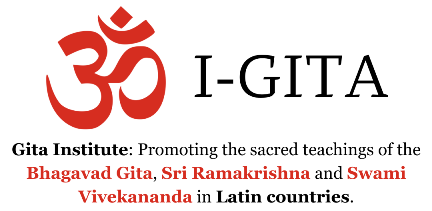Taoist Ethical Principles, Non-action, Peace
Taoist Ethics. Non-Violence, Self-Knowledge, Detachment
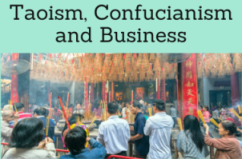
Taoism, Confucianism & Business
The principle of wu wei (effortless action) advocates acting in harmony with the natural flow of events, avoiding unnecessary resistance. In business, this translates into a flexible and adaptive mindset in the face of market changes.
- Ethical Principles of Taoism
- Non-Action (Wu Wei)
- Non-Violence
- Control of senses
- Wisdom
- Detachment
Sample - Taoist Ethical Principles


Religions and Global Business -
Religious diversity

The Subject “Taoist Ethical Principles” is included within the curriculum of the following academic programs at EENI Global Business School:
Masters: International Business, Religions and Business.

Doctorate: Global Ethics, Religions, and International Business, World Trade.
Languages:  or
or  Ética Taoísta
Ética Taoísta  Éthique taoïste.
Éthique taoïste.
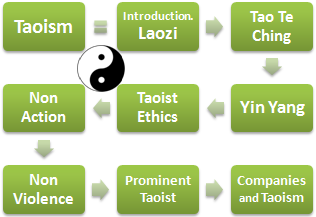
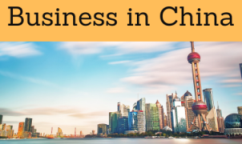
NOTE: When talking about Taoist ethics; it is necessary to clarify that Laozi, surely, disapproves this definition.
In any case, in Taoism, we can identify a set of ethical principles based on the concepts discussed above (Tao, Te, Yin-Yang) and the principle of Not action or Wu-Wei.
Haier, a leading home appliance company, applies Wu Wei through its decentralized management model, based on internal "micro-enterprises” that operate autonomously, quickly adapting to market demands. This approach fosters innovation and agility, aligning with the Taoist principle of flowing with the environment. Furthermore, Haier seeks a balance between technological innovation and sustainability, reflecting the concept of Yin-Yang.
- In a global context, Taoist companies tend to be agile, quickly adapting to new trends or crises. For example, Chinese technology companies like Tencent have demonstrated a remarkable ability to pivot strategies in response to regulations or changes in demand.
These Taoist ethical principles are:
- Peace/Non-Violence
- Respect for the world
- Self-Knowledge and Wisdom. Unlearn
- Control of senses. Detachment, austerity, not to covet
- “Denial of Morality”
- Goodness, faithfulness, gentleness, love, charity, and justice
“With more rules and regulations, more people will impoverish” Tao LVII
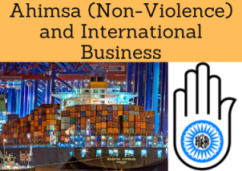
The Tao Te Ching is a Manifest of Non-Violence, as well as other Asian religions, in many aphorisms, we find references to Non-violence. For Laozi, peace is the highest human value:
“Where everyone is well armed, is a state in vain...
Armaments, are instruments in vain, are unmasterly instruments.” TAO XXX
In many chapters of the Tao Te Ching, we found several references to the relevant concept of “Respect the World.” The key concept is that we should be in harmony with the nature, not wanting to dominate.
“Whoever believes and respects the world, is worthy to be entrusted humanity.
Whoever loves the world as his body, can trust the world.”
TAO XIII
Like other religions, the path of the Tao beginning with the self-knowledge who will lead us to the wisdom.
For Laozi, knowledge generates imagination, imagination generates desire, and desire goes mad to the human being.
Not knowledge/Unlearn.
This concept tends to be too complex to understand but try to understand it from wisdom.
The maximum principle of Taoism, Wu Wei tells us “unlearn what we know” or “not to teach the people.”
“Practicing the Tao, every day there is something to lose” TAO XLVIII.
To follow the Tao; we must be able to control our senses, the senses are the gateways of the desire, and we must look at our inward, not outward.
The control of senses must lead us to the detachment, austerity, to avoid the greed.
One of the concepts of Tao tough to understand is the denial of the moral value:
“When the Tao is lost, so there arises benevolence and righteousness.” Tao XVIII.
Laozi explains clearly its priorities:
Tao -> Te -> Love -> Justice -> Moral.
Charity/Philanthropy.
One of the duties of a Taoist man is to practice philanthropy. Laozi explains that the Sage who follows the Tao, has a philanthropic spirit, having no possessions, not arguing, by not acting; he can give more to others:
In many parts of Tao refers to the good ruler (company Director), which ultimately must meet with the Taoist concepts analyzed previously, especially he should practice Wu Wei (not acting).
For Laozi, freedom and independence are the foundations of the order.
(c) EENI Global Business School (1995-2025)
Top of this page











 WhatsApp
WhatsApp
